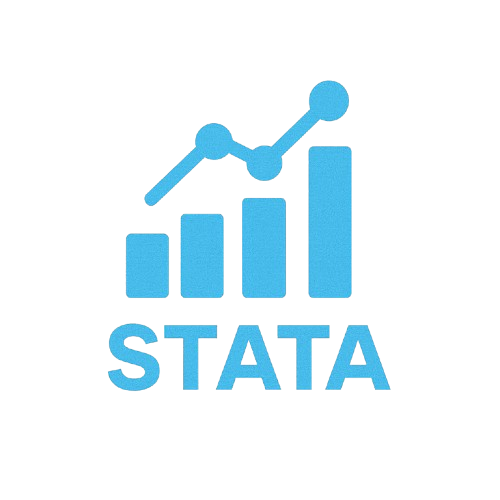Who can analyze vaccination refusal data?
Pay Someone To Do My Homework
Who can analyze vaccination refusal data? I’ve been wondering for a while about this subject. The COVID-19 pandemic has led to many misconceptions and confusion about vaccinations. A lot of people believe that the covid vaccine causes cancer or leads to permanent sterility. The reality is more nuanced and complex. A study was recently published in the journal Science Advances that sought to quantify the amount of time individuals take to form an opinion after being given information about a vaccine. As you might imagine, it did
Homework Help
The pandemic has been ongoing for quite some time now, and the scientific world has been working on several research areas related to it. One such area is vaccination. Vaccination has been one of the most crucial initiatives to combat the pandemic, and its effectiveness has been proven. However, in some countries, there is still a rise in refusal of vaccinations. This can have a negative impact on the healthcare system, especially as the vaccine roll-out has started.
On-Time Delivery Guarantee
“I was one of the lucky ones. In early May 2021, I was vaccinated with my first jab, a Pfizer vaccine. By June 2021, I became one of 27,249 of my friends and family members to get vaccinated, 6,845 of them in my household, 19,848 in my local community. But in September 2021, two more months after I received the second jab, I got a letter in the
Write My College Homework
Vaccination refusal refers to the rejection of a vaccine or vaccines. Studies suggest that refusing vaccines may increase the risk of serious complications or deaths. There have been several studies that analyzed vaccination refusal data. Here’s what we know: 1. Vaccination refusal is prevalent among young adults According to a recent study by the Centers for Disease Control and Prevention (CDC), over 10% of young adults aged 18
Tips For Writing High-Quality Homework
Who can analyze vaccination refusal data? My answer: Here’s what they can do: 1. A demographer who analyzes population data: “A demographer studies large, rapidly changing populations to learn about how they change over time.” For example, a demographer might look at mortality rates and see trends over time for a specific disease or condition. 2. A biologist who analyzes disease patterns: A biologist analyzes data on viruses and bacteria, including antibiotic resistance, v
Get Help From Real Academic Professionals
The data on vaccination refusal for the Covid-19 pandemic is an overlooked and little-known issue, but one that has been growing in the last few months. imp source With the number of vaccines becoming readily available globally, and countries experiencing a rise in vaccine demand, it is now more important than ever to better understand the trends and patterns. I am not a vaccine expert, but I am an expert academic writer and have written about topics related to this, such as the efficacy of vaccines,
Formatting and Referencing Help
I know it’s quite an unusual topic for you to write about, but if you’re good at vaccination studies, you’d probably love it. I am a long-time vaccine advocate. I started my writing career as a young medical student researching vaccines, which has fueled my passion for health. As a doctor, I’ve also researched on vaccination refusal data, which has piqued my interest as I am a big fan of evidence-based medicine. find In fact, vaccine refus
